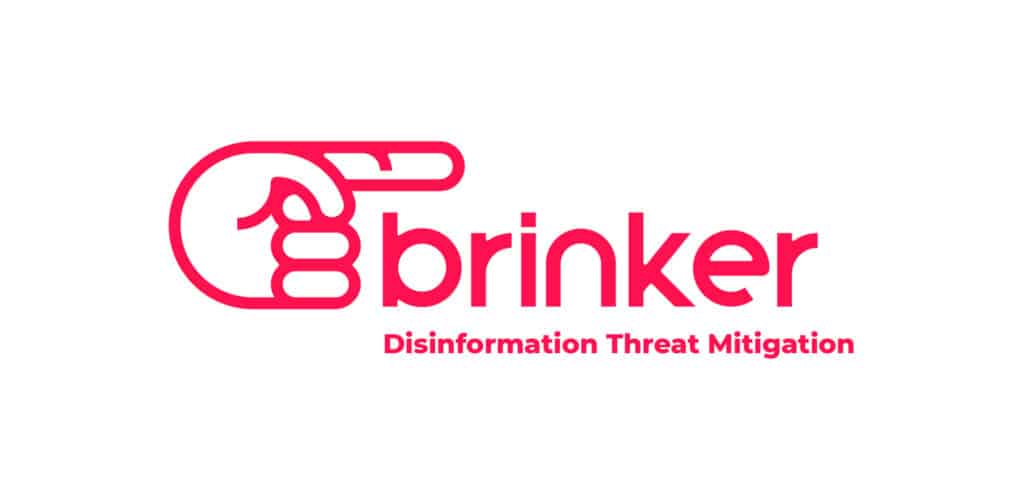Microsoft on Wednesday announced its first ever formal program to pay security researchers for finding software vulnerabilities in its newest products. The bug bounty program will launch on June 26 and be formally unveiled at the upcoming Black Hat Briefings hacker conference in Las Vegas at the end of July. And, though late to the party, Microsoft is making up for lost time by going large. The Redmond, Washington software maker will pay researchers up to $100,000 for “truly novel” exploitation techniques that defeat protections built into the very latest version of Windows, 8.1 Preview. It will additionally pay $50,000 for ideas for defensive strategies that accompany a bypass, raising the total potential purse for an exploit and accompanying remediation to $150,000. Additionally, Microsoft announced a short-term bounty program for its Internet Explorer 11 Preview, with the company paying up to $11,000 USD for critical vulnerabilities that affect Internet Explorer […]
Tag: Google
Don’t Call It A Hack Back: Crowdstrike Unveils Falcon Platform
Lots of aspiring technology start-ups dream of getting their product written up in The New York Times or Wall Street Journal when it launches. For Crowdstrike Inc. a two year-old security start-up based in Laguna Niguel, California, media attention from the papers of record hasn’t been an issue. This reporter counted twelve articles mentioning the company in The Times in the last year, and another two reports in The Journal. Much of that ink has been spilled on stories related to Crowdstrike research on sophisticated attacks, or the company’s all-star executive team, including former McAfee executives George Kurtz (CEO) and Dmitri Alperovitch (CTO), as well as former FBI cybersecurity chief Shawn Henry (Crowdstrike’s head of services), who left the Bureau in April, 2012 to join the company. For much of that time, Crowdstrike has been known mostly as a security services and intelligence firm, but the goal was always to […]
Update: Google Says BadNews Malware Not-So-Bad After All?
Editor’s Note: Updated to add comments from Lookout Mobile Security. – PFR 6/10/2013 When reports surfaced about “BadNews,” a new family of mobile malware that affected Google Android devices the news sounded…well…bad. BadNews was described as a new kind of mobile malware for the Android platform-one that harness mobile ad networks to push out malicious links, harvest information on compromised devices and more. Now, six weeks later, a senior member of Google’s Android security team claims that BadNews wasn’t really all that bad, after all. Speaking at an event in Washington D.C. sponsored by the Federal Trade Commission, Google employee and Android team member Adrian Ludwig threw cold water on reports linking BadNews to sites that installed malicious programs. The search giant, he said, had not found any evidence linking BadNews to so-called SMS “toll fraud” malware. “We’ve observed the app(lication) and we’ve reviewed all the logs we have access […]
Google Adds Detection For Obad Malware
Just a follow-up to our story from last week on Obad, the new family of mobile malware that affects Google Android devices: In an e-mail to The Security Ledger on Friday, Google acknowledged the existence of the Trojan horse program and has updated its detection tools to be able to identify it. In an e-mail, a Google spokeswoman said that the malware, dubbed “Obad” by Kaspersky Lab, was not found on the company’s Google Play application store. The company added detection for the new malware to its Application Verification Tool, which protects Android users who tried to download it from a third-party application store or browser. Obad, or Backdoor.AndroidOS.Obad.a, is described as a “multi function Trojan” that primarily acts as an SMS Trojan, surreptitiously sending short message service (SMS) messages to premium numbers. It was first described in a blog post by Kaspersky Lab researcher malware researcher Roman Unuchek last week. Unuchek […]
Podcast: Project Prism – Has Uncle Sam Gone Rogue?
It was hard to escape the big news this week: revelations from The Guardian and The Washington Post about a program of widespread surveillance of online social networks and mobile phone use. The news, both the result of high-level leaks of classified information, has embroiled the Obama Administration in the most serious questions about domestic spying since the Nixon administration. To discuss the week’s events, Paul sat down with Ron Gula, the CEO of Tenable Network Security (and a former NSA security ninja) and Rick Forno, director of the University of Maryland Baltimore County’s Graduate Cybersecurity Program and a Junior Affiliate Scholar at the Stanford Law School’s Center for Internet and Society (CIS). While neither guest was surprised to read about the government’s monitoring of cell phone activity or data from social networks, the latest reports lay bare the dimensions of the U.S. government’s domestic spying post 9/11, and raise serious […]






